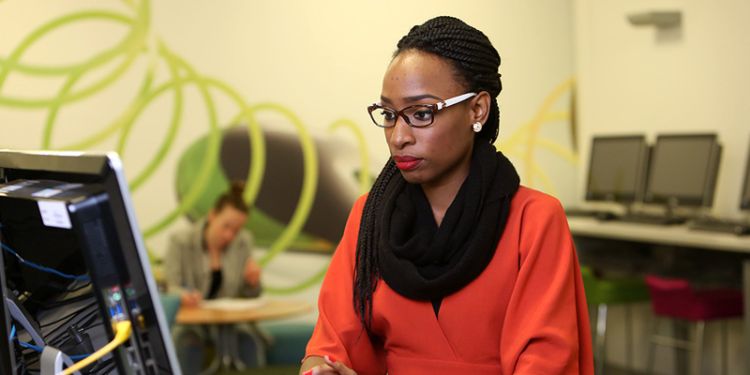Work placement

You can gain practical work experience by choosing to take a work placement year. In some cases, you may be able to take more than one placement throughout the year.
Taking a work placement year will extend your degree to four years and you'll usually take your placement after successfully completing your second year.
Working in a graduate-level job, you'll gain a full year of experience to add to your CV and an insight into the kind of career you might want when you graduate.
The experience will not only prepare you for your graduate career, but also build your commercial awareness, give you opportunities to put your skills into practice by working on real-life projects, develop your professional network and give you an insight into the job market.
Taking the initiative to choose a work placement year will also demonstrate to employers that you think strategically about your future and are motivated to make decisions to improve your employability.
How do you find a placement?
The University has links with a variety of organisations across the public, private and voluntary sectors in the UK and overseas. Dedicated staff across the School and University will help you to find and apply for suitable placement opportunities. If you’d like to find your own placement, we’ll offer advice and support to ensure it is a suitable placement opportunity.
Work experience as you study
You may benefit from modules that have been designed to improve your employability. The 'Students into Schools' module is great for building experience in the classroom for future teachers, and the 'External Placement: Beyond the University' module allows you to work with external organisation. Discovery modules may also offer opportunities for work experience.
You can work during the University holidays or part-time during the year to gain valuable experience. The University offers a range of exclusive short-term internships with a different employers and there are often opportunities on campus too.
Volunteering is another way to develop valuable skills alongside your degree. There are plenty of opportunities to get involved in, including being on the committee for your halls of residence, working on a Leeds University Union community project and volunteering for a charity in the Leeds vicinity.

